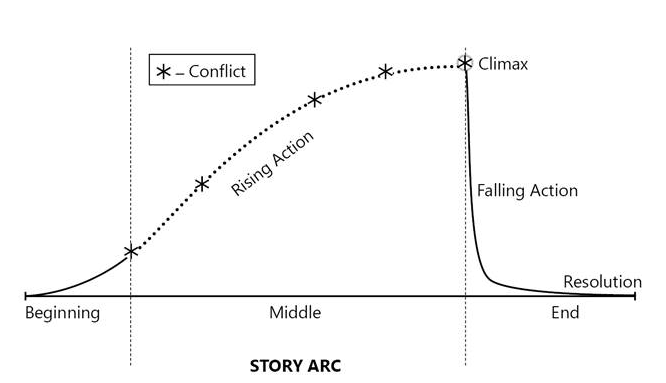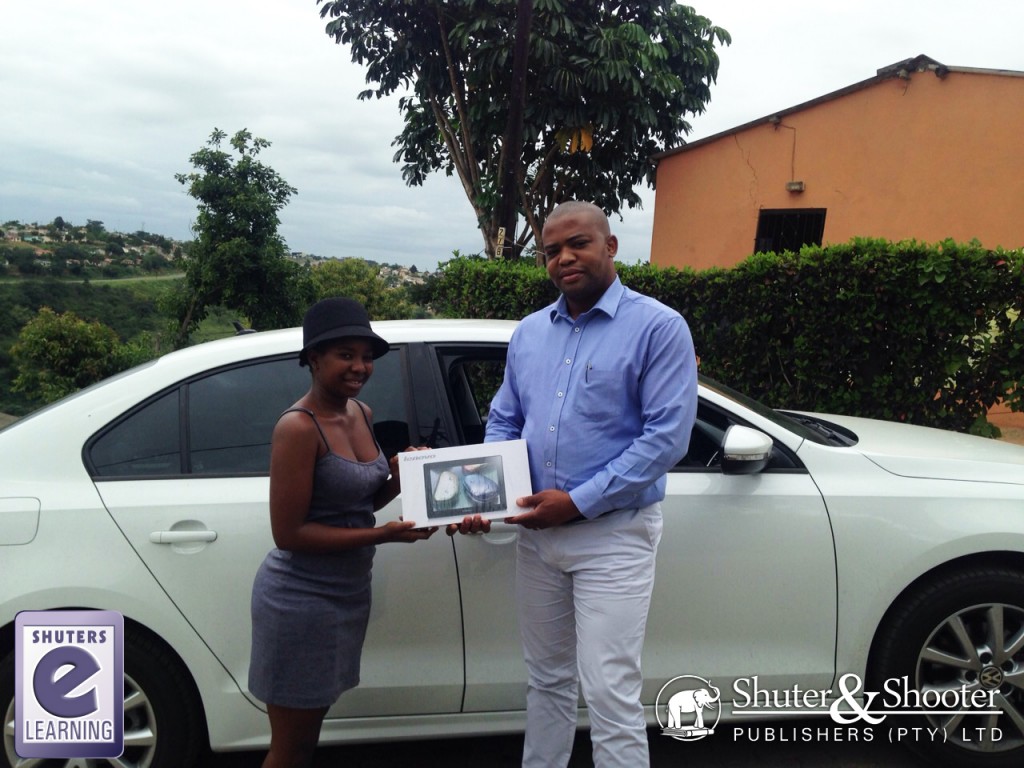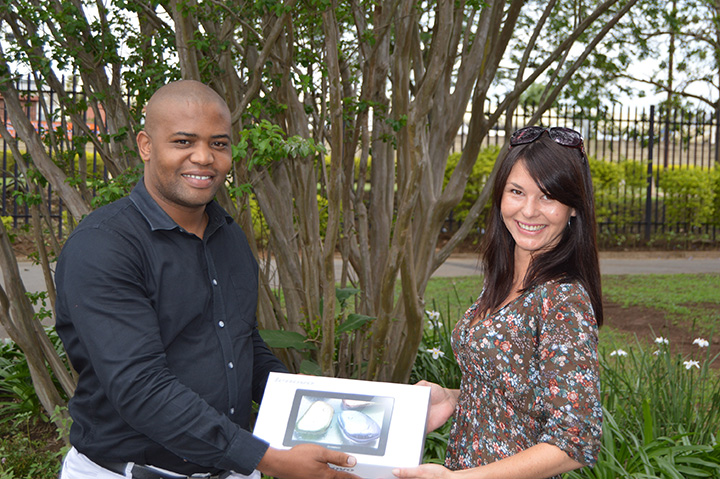
Those of you who enjoy reading probably have often read a short story and thought “I can do that … in fact I am sure I could write better than that!”
You might even consider entering creative writing competitions for schools such as the one sponsored by UKZN. Have a look at this link for more information: http://www.cca.ukzn.ac.za/index.php/time-of-the-writer-2015/912-18th-time-
of-the-writer-schools-short-story-competition
Here are some handy tips and useful advice to help improve your creative writing skills.
Write about things you know
When you are doing creative writing, your story should be credible (believable). The best way to make sure of this is to write about things, people or situations that you know well. It is always easier to describe something you have experienced yourself.
Characters
Short stories usually have a small cast of characters, and the main character arrives at the end of the story, having been changed by the events of the plot. Think carefully about your characters and make sure that they and their actions are believable.
Structure your work
Short stories in particular, should follow a story arc. An example of this is shown below:

Exposition or beginning
The background information on the characters or setting is usually explained at the beginning of a story. In most cases, the exposition forms the first part of the plot.
Rising action
This is the part of the story where conflict is introduced and things start to become complicated. The conflicts generally keep the reader interested, and wanting to find out what will happen next.
Climax
This is the most exciting part of the story. Usually this is the point at which the main character faces the biggest danger or risks losing everything. These dangers can be external or internal.
Falling action
That part of the story that happens after the climax. The problems or conflicts start to get sorted out.
Resolution or Denouement
(pronounced DAY-noo-ma)
This is the ending of the story when all the conflict comes to rest.
This wraps up the first article of our writing tips, be sure to follow us on Facebook or Twitter so you don’t miss Creative writing tips : Part 2. If you feel you have additional writing tips feel free to comment below.


